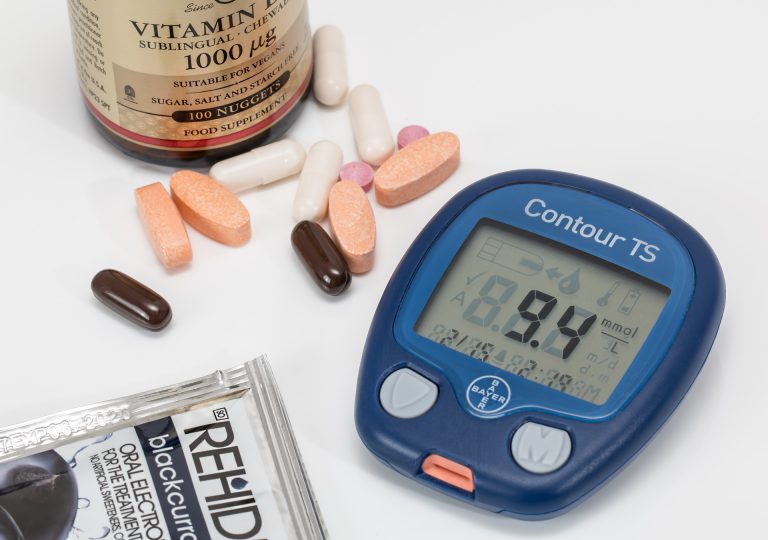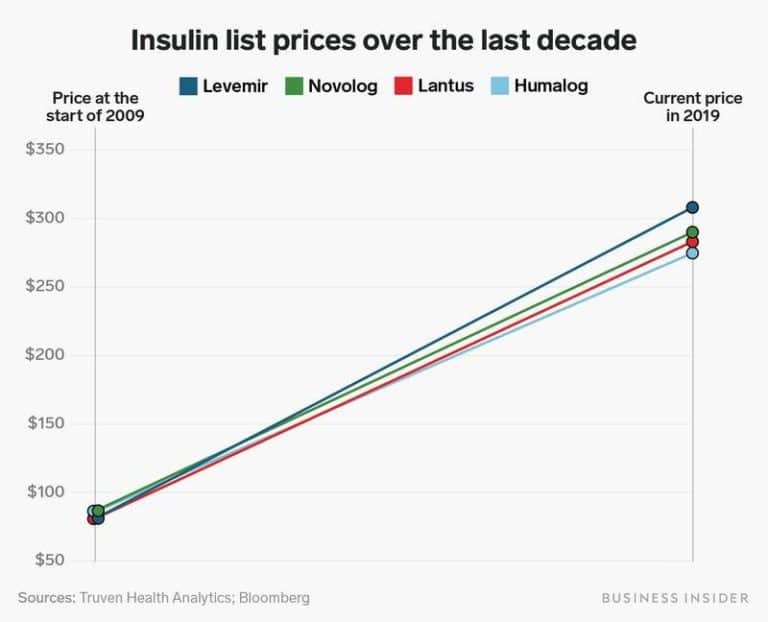What is Personalized and Precision Medicine?
Personalized medicine, just as the name suggests, refers to a form of treatment recommended to a patient based on his or her specific health issues, tendencies, pre-existing morbidities, and several other factors.
Personalized medicine also involves the tailoring of the treatment options based on the characteristic symptoms and the possible risk of diseases and complications for each patient.
Keep reading to learn more about personalized or precision medicine and the benefits of this approach for maintaining good health.
What is Personalized and Precision Medicine?
Personalized or precision medicine is an emerging practice that uses the individual’s health profile to guide the decisions made with respect to the diagnosis, prevention, and treatment of diseases.
The personalized medicine approach relies on the scientific breakthroughs that have improved our understanding of how the diet, lifestyle, and the unique genetic and molecular profile of any person can make him or her susceptible to develop certain diseases.
The aim of the personalized medicine approach is to fine-tune the treatment with higher precision in order to improve the outcomes significantly.
Similarly, personalized and precision medicine also involves recommending a particular treatment to a patient depending on his age, gender, existing health issues, presence of risk factors, genetic makeup, dietary habits, and so on.
Personalized medicine is often considered the extension of the traditional approaches to treating patients. Equipped with the knowledge of the specific risk factors, physicians can choose a therapy or a treatment protocol that would not only ensure more successful outcomes and reduce the harmful side effects, but also contain the costs by eliminating the “trial-and-error” approach to the treatment.
This is so because it is difficult even for the best doctors and scientists to fully understand how and why different people have different courses for the progress of the same disease and respond to the same treatment in a different manner.
So, the traditional approach of “one-size-fits-all”, which is primarily based on the broad population averages, is likely to leave gaps in the treatment. The traditional approach may prevent the patients from achieving the best possible prognosis and even cause them to develop some unpleasant side effects.
The advent of personalized or precision medicine can help us move closer to more predictable health care, which has been customized and bespoke for each individual patient.
What is Precision or Personalized Medicine?
Precision medicine refers to the way medical practitioners can plan and offer specific treatments to their patients.
Precision medicine takes into consideration how the specific gene changes (gene mutations) could affect the person’s risk of developing certain diseases. Also, in case they have already developed the disease, precision medicine considers how their genes and other risk factors would affect the treatment.
This approach uses the information obtained from the patient’s complete medical history, physical examination, lab reports, as well as genetic tests, all of which can help the doctors put together a short-term or long-term treatment plan that involves highly precise recommendations.
In most cases, precision medicine can also help to make a more accurate diagnosis and thus, improve the treatment outcomes. In some cases, it can allow the doctors to advise early screening tests or recommend changes in the dietary and lifestyle habits aimed at disease prevention.
How Does Personalized Medicine Work?
Personalized medicine works by allowing the doctors to make a faster diagnosis of the condition based on the unique signs and symptoms of the patient. It also involves offering personalized treatment options based on what could be the most effective for a patient to enable him or her to recover faster, avoid complications, and experience no or fewer side effects.
What makes personalized medicine superior to the traditional approach of “one-size-fits-all” is that it involves moving away from just treating the illness after you have already developed it to preventing diseases and promoting health by predicting the conditions based on the specific risk factors.

This is the basis for how personalized or precision medicine works.
By understanding the role of our diet, lifestyle, age, and DNA in our health and the chances of developing any disease, personalized medicine can deliver several benefits such as:
- Prediction of risk factors
- Prevention of diseases
- Accurate diagnoses
- Targeted or personalized interventions
- Participatory role of patients
By analyzing the information about the patient’s various characteristics including the genome, and combining it with other diagnostic and clinical information, a pattern for determining the risk of developing certain diseases can be identified. Read more here on the benefits of digital health.
This form of prediction can help to detect illnesses earlier and allow doctors to determine the most effective therapeutic interventions including medicines, diet, and lifestyle choices to improve health and prevent disease development or progression.
This is expected to help us focus on promoting health by emphasizing prevention strategies.
What Are the Main benefits of Personalised Medicine?
The practice of medicine has been largely reactive throughout history. Even today, patients tend to wait until the onset of symptoms before they seek medical intervention to treat or relieve them.
Also, we do not fully understand the impact of the environmental and genetic factors on the risk of developing major diseases like diabetes, retinopathy, macular edema, cancer, and Alzheimer’s. So, the efforts of the physician to treat these conditions often end up being less effective, imprecise, and even unpredictable.
Moreover, the treatments and drugs recommended for the management of specific illnesses are usually tested on broad populations. These treatments are prescribed based on the statistical averages.
Consequently, they tend to work effectively only for some patients without producing expected or favorable results in many others. The variations in the response of patients to the treatments could be attributed to the differences in their age, gender, lifestyle, dietary habits, family history, and genome. Hence, on average, any prescription drug available for the management of a disease works only for a small percentage of patients it is prescribed to.
However, since personalized medicine is based on the factors unique to the patient, it can offer a great way to overcome the limitations imposed by the traditional approach.
Personalized medicine is increasingly allowing healthcare providers to improve the patients’ health by:
- Shifting the emphasis from reaction after disease development or diagnosis to prevention
- Predicting the susceptibility to develop a disease
- Pre-empting disease progression
- Improving early detection of diseases
- Customizing prevention strategies
- Avoiding prescription of drugs having predictable side effects
- Prescribing safer and more effective drugs
- Eliminating inefficiencies related to the trial-and-error approach that often inflates the healthcare costs and undermines patient’s health
- Reducing the time, failure rate, and costs of clinical and pharmaceutical trials
How Does RetinaRisk Support Personalized Medicine?
RetinaRisk’s core ethos revolves around personalized medicine by highlighting the value of our clinically validated algorithm that provides a comprehensive and personalized risk assessment for those who have diabetes and empowering them to see their risk to develop sight-threatening diabetic retinopathy.
The initial focus of RetinaRisk is to improve the prognosis of patients with diabetic eye diseases, which are the leading causes of poor eyesight and even blindness.
The RetinaRisk app supports personalized medicine by allowing doctors and people with diabetes to diagnose eye diseases early before they have impaired the vision significantly. This can improve the prognosis and allow patients to derive substantial savings in the costs of treatments.
Vision loss due to diabetic complications can be prevented in nearly 90% of patients with early detection, timely interventions, and preventive dietary or lifestyle changes. The RetinaRisk app can play a key role in the early detection of diabetic retinopathy by predicting the risk. It also helps patients be aware of the key factors responsible for vision loss.
Conclusion
The concept of personalized or precision medicine is not new. Researchers have been working on improving personalized care that can be customized based on the patient’s specific health needs,
Personalized medicine offers a multi-faceted approach to healthcare by improving the ability of doctors and patients to diagnose and treat diseases. It also offers a superior way to diagnose diseases at an earlier stage, when it would be easier to be treated in a safer and more effective manner.
RetinaRisk mobile app has been developed with the purpose of offering the benefits of personalized medicine to patients at risk of diabetic retinopathy. Download the app and empower yourself!









